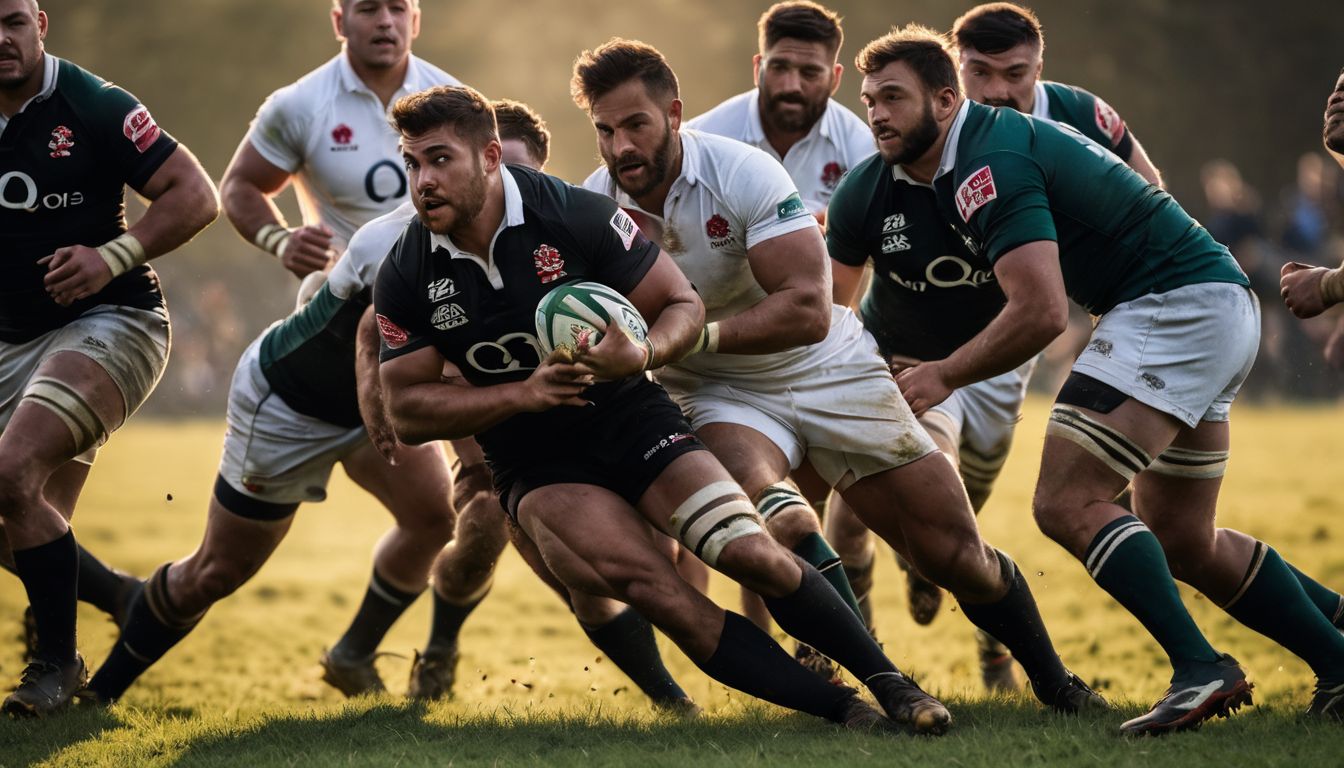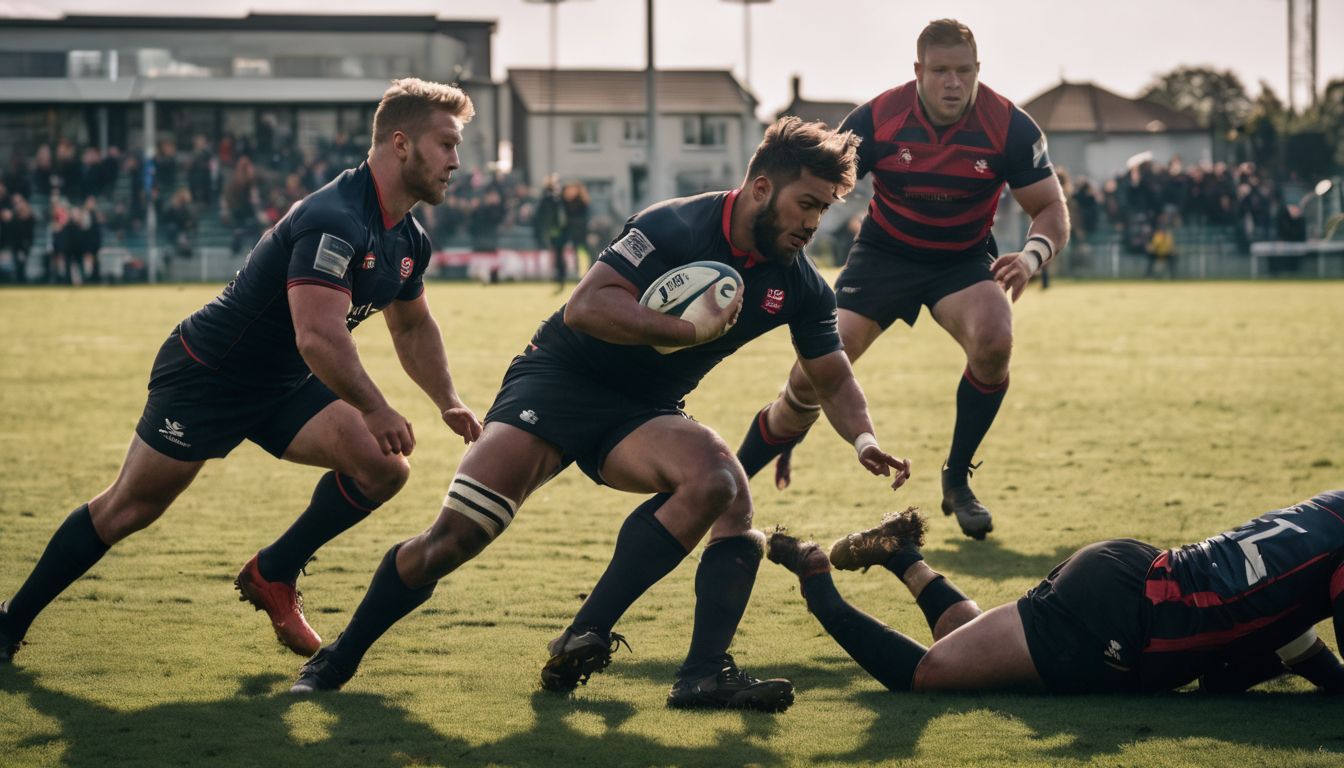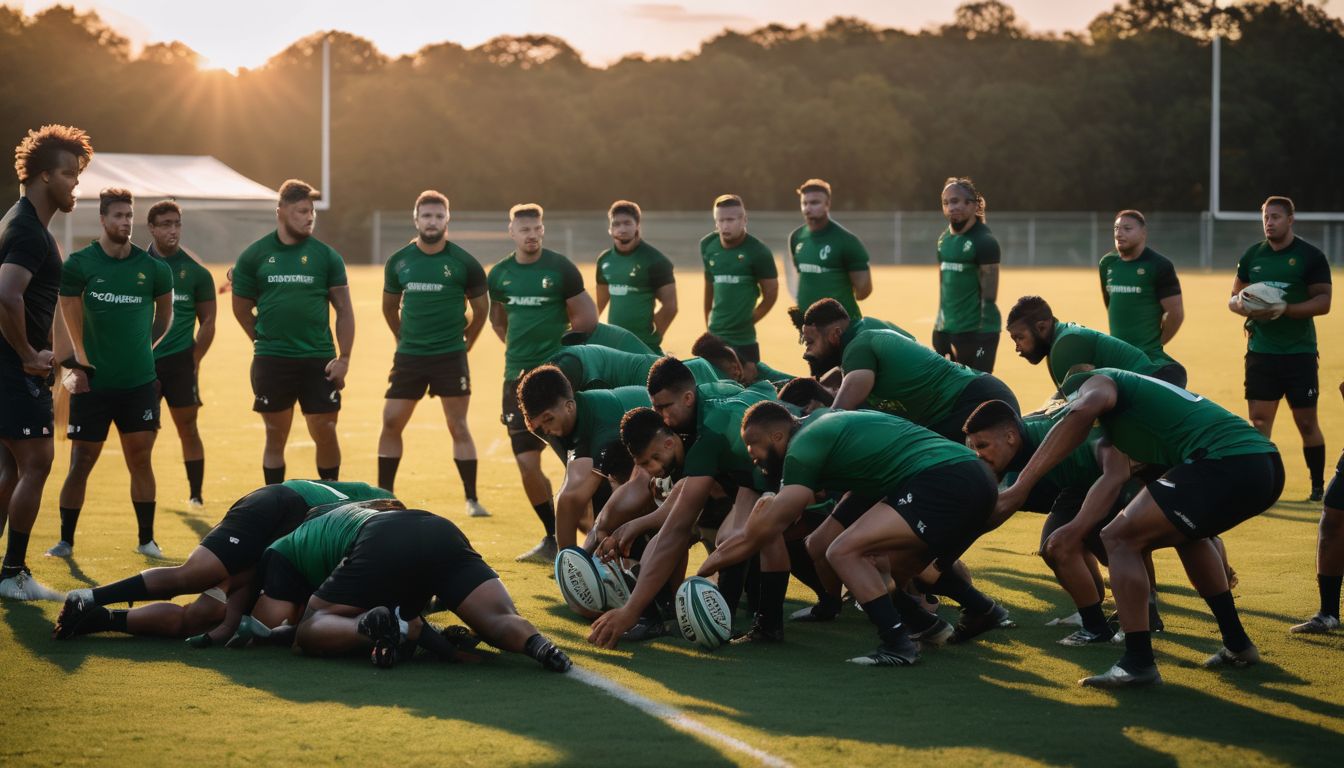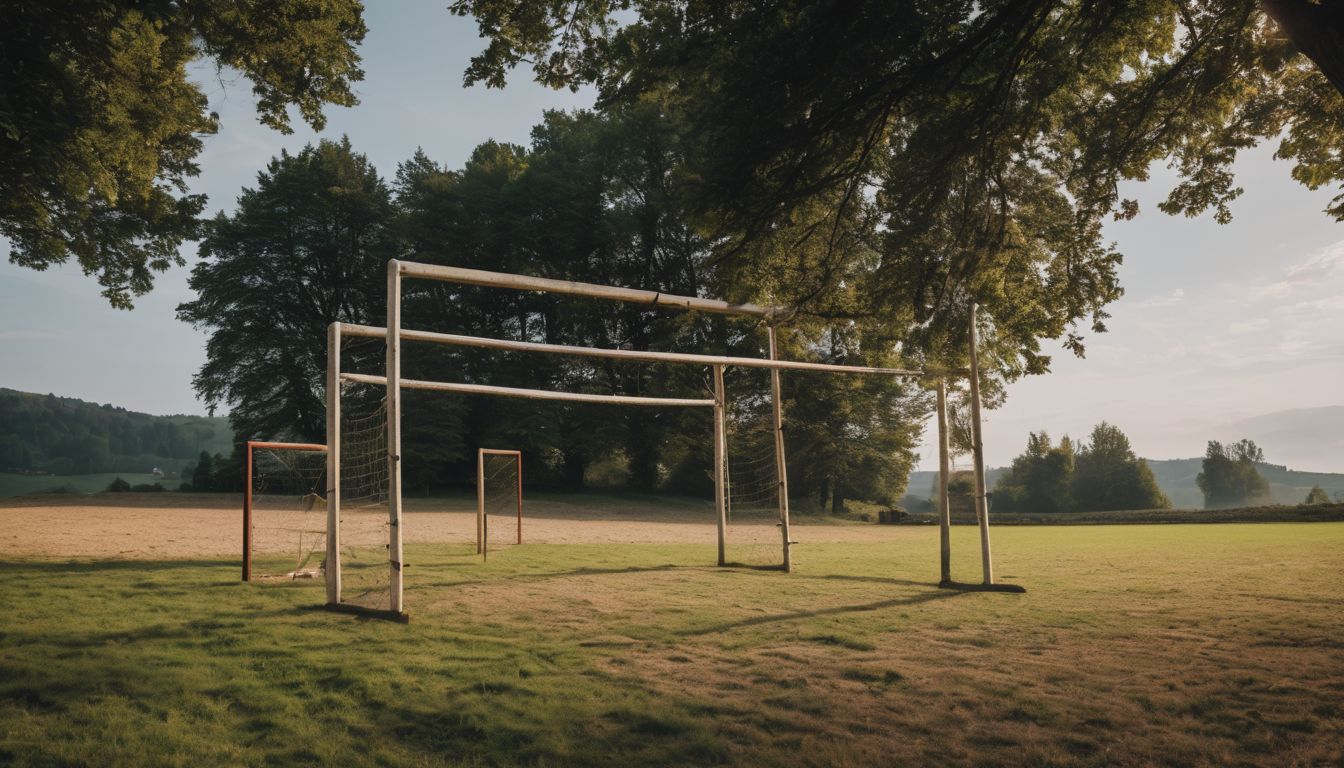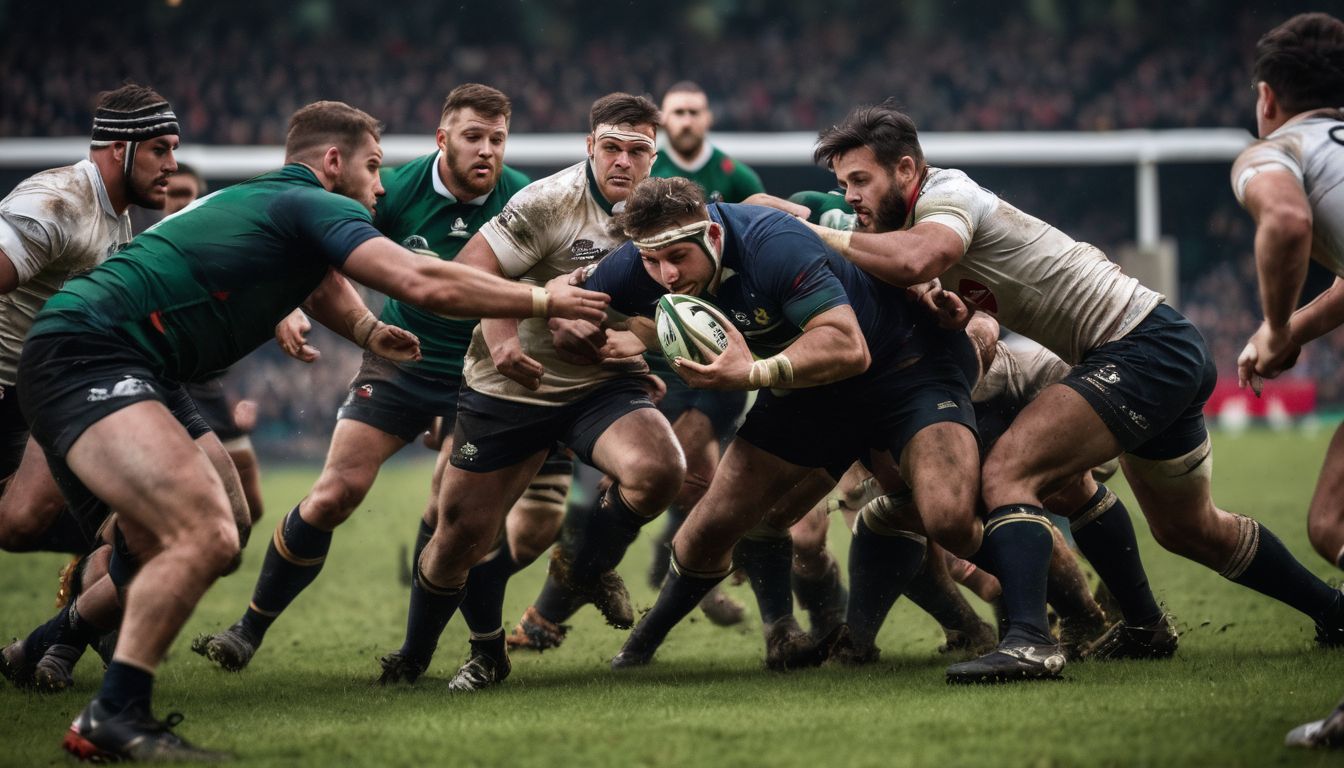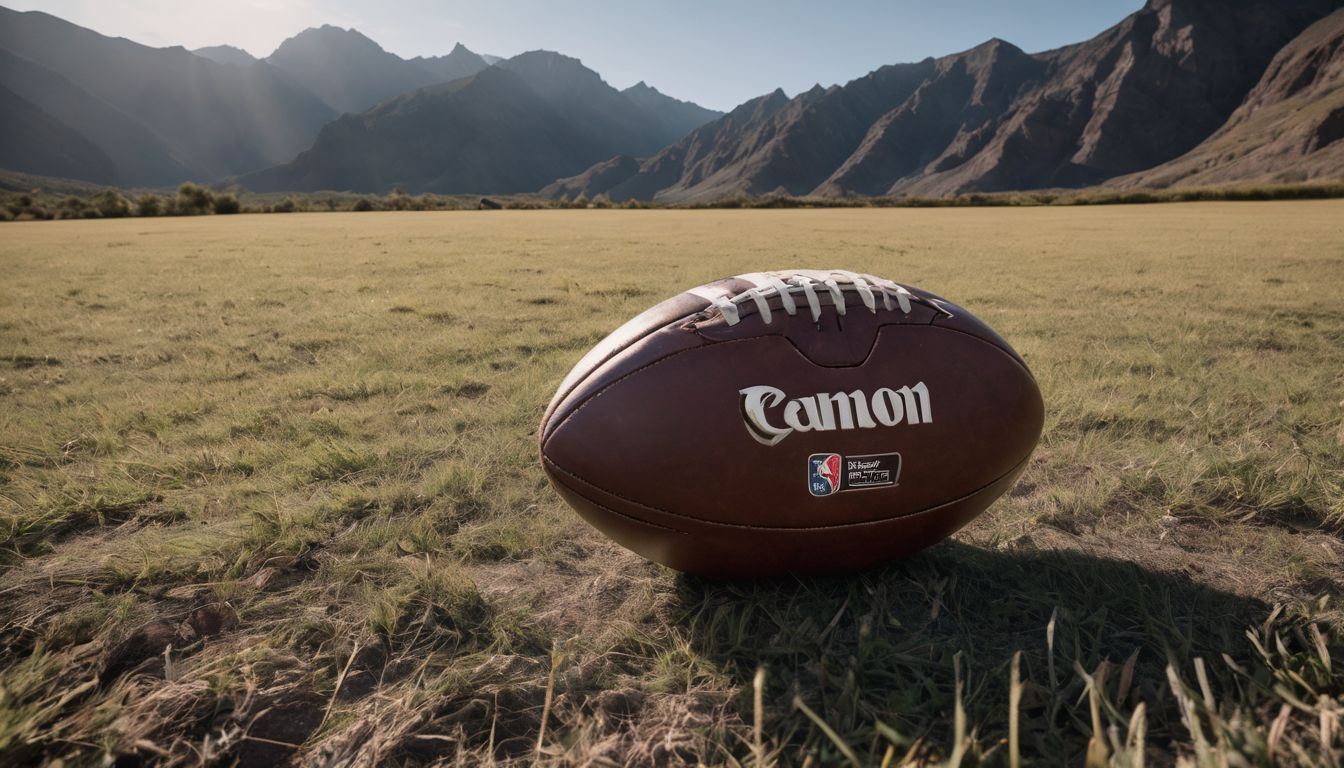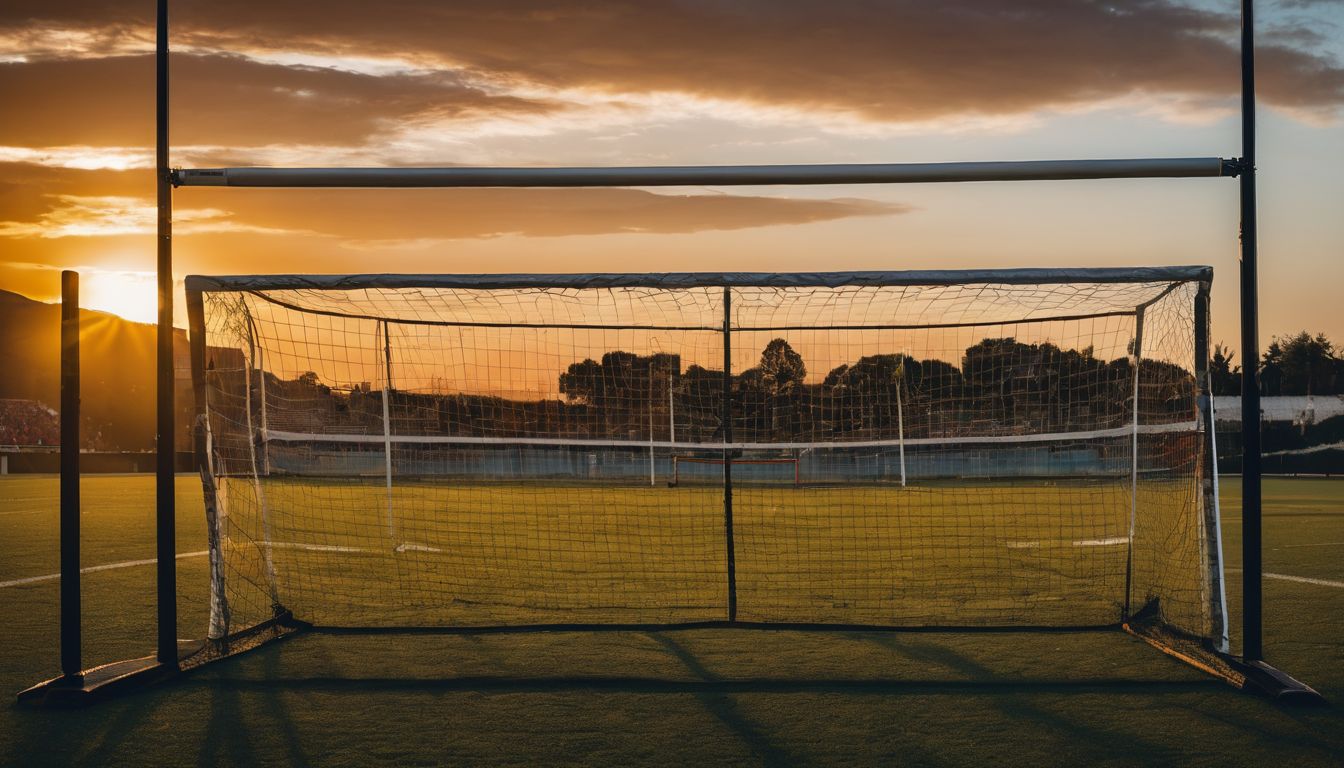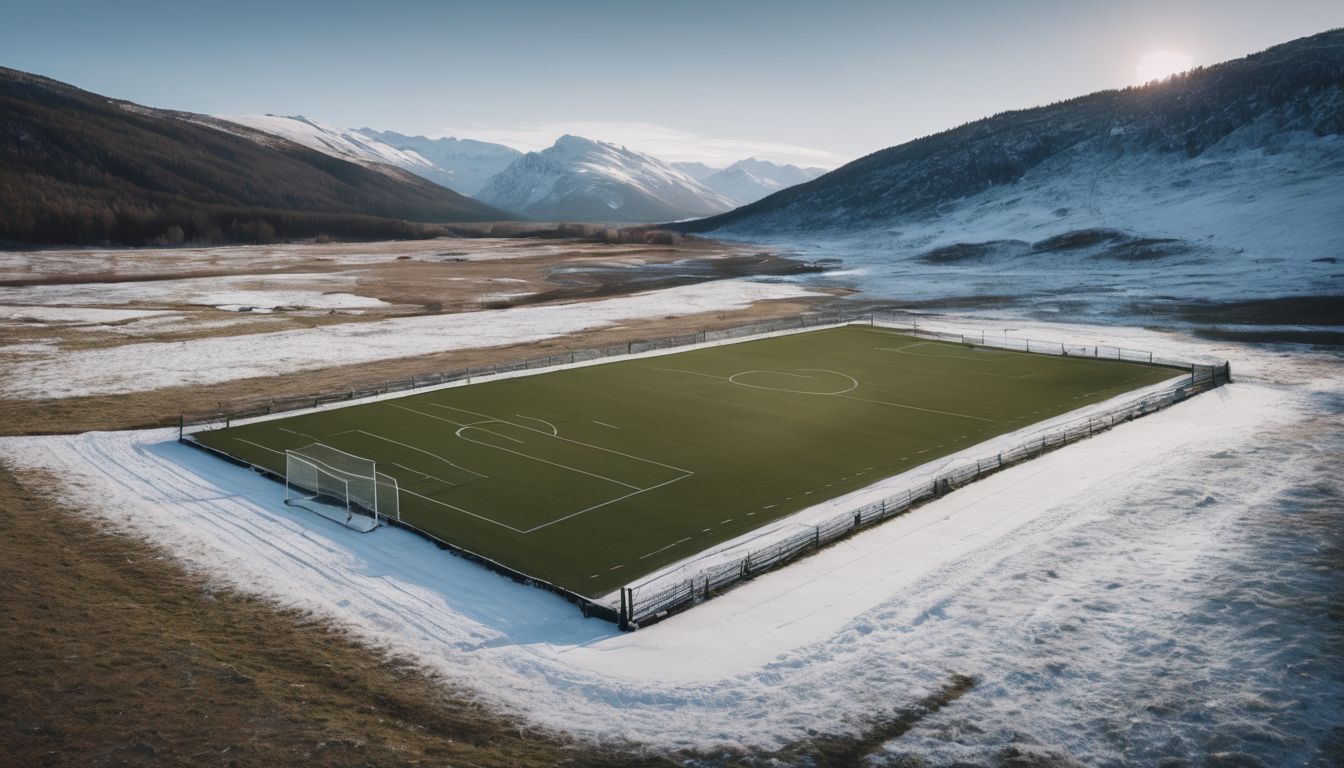For many, rugby in Portugal might seem like a well-kept secret. Known as “Os Lobos“, the Portuguese national rugby team embodies the spirit and courage of the game. This article dives into how this small nation is nurturing its love for rugby and making impressive strides on and off the field.
Keep reading to discover a world where passion meets growth!
Key Takeaways
- Portugal’s rugby participation surged following the national team’s appearance in the 2007 Rugby World Cup, which inspired many young athletes to engage with the sport.
- Portuguese rugby is characterised by a strong sense of camaraderie and team spirit, uniting players from various backgrounds who share a passion for the game.
- Efforts are being made towards professionalising Portuguese rugby, including hiring foreign coaches and increasing participation in international tournaments for better global performance.
- The development of rugby in Portugal faces challenges such as part – time players balancing jobs with play and limited resources and funding for infrastructure and training facilities.
- With continued dedication towards professionalisation and building a competitive national team, there is significant potential for growth in both popularity and success of rugby within Portugal.
The Growth of Rugby in Portugal
The growth of rugby in Portugal has been fueled by the impact of the 2007 Rugby World Cup, which has led to increased participation levels and a growing interest in the sport. The community of rugby fans continues to expand as more people are drawn to the competitive and spirited nature of the game.
Impact of the 2007 Rugby World Cup
Portugal’s appearance in the 2007 Rugby World Cup was a landmark moment for the sport within the nation. Known affectionately as “Os Lobos“, Portugal’s national team charged onto the global stage, bringing home not just experience but also a renewed sense of possibility.
This historic participation galvanised rugby fans across Portugal and sparked a surge in interest among young athletes eager to pick up the rugby ball.
As underdogs, Os Lobos may not have come away with the cup, but they won hearts and respect while putting Portuguese rugby firmly on the map. Their determination in international competition inspired a generation to dream bigger about their future in rugby.
Players from diverse backgrounds rallied together, combining local fervour with techniques learned from more experienced nations like England and France. Consequently, this blend of passion and newfound sophistication gave rise to increased ambition towards professionalisation within Portuguese rugby circles.
Increased participation levels
Rugby participation levels in Portugal have surged, with more players joining the sport each year. The local clubs are attracting a diverse group of players from various nationalities, blending their skills and passion for the game.
This increase in participation has contributed to the growth and evolution of Portuguese rugby, transforming it into a vibrant and competitive environment. With this surge in interest, there is an optimistic outlook towards building a stronger and more competitive national team, fueled by the enthusiasm and dedication of both local and international players.
The rise in participation levels has also led to increased attention on Portuguese rugby at international tournaments as well as domestically. As such, opportunities for growth, development, and potential success continue to gain momentum within the enthusiastic rugby community in Portugal.
The Passion for Rugby in Portugal
Rugby in Portugal is not just a sport, but a way of life for many. The passion for rugby runs deep, with strong team spirit and a sense of camaraderie among players that make it more than just a game – it’s a community.
Strong team spirit
The Portuguese rugby scene is characterised by a strong team spirit, uniting players from different nationalities with a common passion for the sport. The camaraderie among players fosters an environment of fun and mutual support, contributing to the growth and development of rugby in Portugal.
This team spirit has been instrumental in nurturing talent and building a competitive edge within the national team, known as “Os Lobos” (The Wolves), shaping a formidable force on the international rugby stage.
Players from various backgrounds come together with heart, valor, and passion to embody the essence of Portuguese rugby. This shared sense of purpose drives their commitment to continuously improve and achieve success in both domestic leagues and international tournaments.
Fun and camaraderie among players
The strong team spirit among Portuguese rugby players fosters a sense of fun and camaraderie on and off the field. Players from diverse nationalities, including Portuguese, English, French, South African, and New Zealanders come together to share their passion for the sport.
This mix of cultures contributes to an environment where players build lasting friendships and enjoy each other’s company both during training sessions and social gatherings.
The shared love for rugby unites the players as they engage in friendly banter, celebrate victories wholeheartedly, and support each other through challenging times. The close-knit bond among teammates transcends cultural differences and enhances the overall experience of playing rugby in Portugal amidst like-minded enthusiasts.
The Emerging Development in Portuguese Rugby
Portuguese rugby is experiencing an emerging period of development with efforts being made to professionalise the sport, including the hiring of a foreign coach and increased participation in international tournaments.
This signals a growing ambition to elevate Portuguese rugby to new heights.
Push for professionalisation
Portugal’s rugby scene is undergoing a transformation with a push for professionalisation. The hiring of a foreign coach and partnerships with international rugby unions have elevated the level of competition in Portuguese rugby.
This move has seen an increase in the participation of French-based players, adding depth and skill to the national team. The fostering of professionalism alongside homegrown passion is propelling Portugal’s rugby onto the international stage.
This drive for professionalisation signals an exciting new era for Portuguese rugby, potentially paving the way for greater success on both domestic and global fronts.
Hiring of a foreign coach
The Portuguese Rugby Federation made a significant move by hiring a foreign coach to lead the national team. This decision brought valuable expertise and knowledge from international rugby, contributing to the professionalization and tactical development of Portuguese rugby.
The entry of a foreign coach aimed at elevating Portugal’s standing in the global rugby arena has created opportunities for collaboration with other countries and has injected fresh perspectives into coaching methodologies.
The implementation of a foreign coaching staff has involved embracing diverse training techniques, strategic game plans, and honing player skills. The amalgamation of different coaching styles aligns with Portugal’s aspirations for enhancing their competitive edge on the international stage.
Participation in international tournaments
Portugal’s national rugby union team, known as “Os Lobos”, has been making strides in international tournaments. The team competes passionately and with determination, showcasing the heart and valour that characterise Portuguese rugby.
With an increasing focus on professionalisation, the combination of French-based players’ expertise and homegrown talent has bolstered Portugal’s presence in international competitions.
As a second and third-tier side in rugby union, Portugal’s participation reflects their growing interest and commitment to elevating their standing on the global stage.
Taking advantage of coaching expertise from around the world, such as former head coach Patrice Lagisquet’s significant contributions to the sport, Portugal continues to evolve its approach to international competition.
Challenges Faced in Developing Rugby in Portugal
Despite the passion and growth of rugby in Portugal, there are notable challenges that hinder its development. These include part-time players and the lack of resources and funding for the sport.
Part-time players
Portugal’s rugby team consists of part-time players who balance their love for the sport with other professional commitments. This unique dynamic brings a diverse range of skills and experiences to the team, enhancing their passion for rugby while facing the challenge of balancing rigorous training schedules with full-time jobs.
The dedication and perseverance shown by these part-time players reflect the heart and determination that are ingrained in Portuguese rugby, contributing to the growing success and development of the sport in Portugal.
The blend of part-time players with different backgrounds creates a strong sense of camaraderie within the team, fostering an inclusive environment where everyone’s contribution is valued.
Lack of resources and funding
Portugal faces challenges in rugby development due to limited resources and funding. The sport relies on part-time players, limiting the time available for training and skill development.
This impacts the team’s ability to compete on an international level effectively. Despite these obstacles, Portugal’s national rugby union team, known as “Os Lobos,” continues to demonstrate admirable passion and determination.
The lack of financial support also hinders the professionalisation of Portuguese rugby. With insufficient funds, it becomes challenging to invest in coaching staff, facilities, and equipment essential for nurturing talent and maintaining competitive standards.
The Future of Rugby in Portugal
Looking ahead, the future of rugby in Portugal looks promising as there is a strong push to build a competitive national team and potential for growth in popularity and success within the sport.
With continued efforts towards professionalisation and participation in international tournaments, Portuguese rugby is on an upward trajectory.
Building a competitive national team
Portugal’s aim is to build a competitive national rugby team. The emphasis on professionalisation, along with the collaboration of international players, has strengthened the squad over the years.
Patrice Lagisquet’s impact as a former coach has also contributed significantly to this goal. The Portuguese rugby union team, known as “Os Lobos” (The Wolves), is committed to enhancing its participation and performance in rugby competitions.
The development in coaching staff and partnerships with other countries like England are pivotal for Portugal’s progress. Despite being a second-tier side, the national team seeks growth opportunities that align with its passion for the sport.
Potential for growth in popularity and success.
Portuguese rugby’s potential for growth in popularity and success is evident in the increasing professionalism of its players. With a mix of French-based professionals and passionate home-grown talent, the national team is poised to make significant strides.
The growing interest from diverse followers, including those from England, France, South Africa, and New Zealand, reflects the sport’s expanding appeal on both national and international levels.
Additionally, opportunities for collaboration with established rugby nations hold promise for Portuguese rugby’s development. This includes partnerships with leading teams and coaches who bring expertise to elevate Portugal’s standing in the global Rugby community.
Conclusion
In conclusion, the passion for rugby in Portugal is evident, driving the country’s development and growth. With increased participation levels and a push for professionalization, the future of Portuguese rugby looks promising.
The national team’s dreams of building a competitive team reflect the potential for further success and popularity in the sport.
FAQs
1. How is rugby developing in Portugal?
Rugby development in Portugal has seen great advancements, with more people participating and an increased focus on professionalisation thanks to dedicated coaching and rugby partnerships.
2. Do Portuguese people love rugby?
Yes, there’s a strong Portuguese rugby passion; both players and fans are deeply committed, making the sport increasingly popular throughout the country.
3. Has Portugal ever been part of the Rugby World Cup?
Portugal has made its mark by participating in the Rugby World Cup, showcasing their national team’s talents at an international level.
4. What kind of teams play rugby in Portugal?
Portugal boasts various levels of rugby teams from amateur clubs to their national squad working hard to improve their game through rigorous fixtures and training sessions.
5. Are there any collaborations between England and Portugal in terms of rugby?
Indeed! There have been collaborations where England’s experienced coaching staff work alongside Portuguese coaches to bolster player skills and strategies within the sport.



